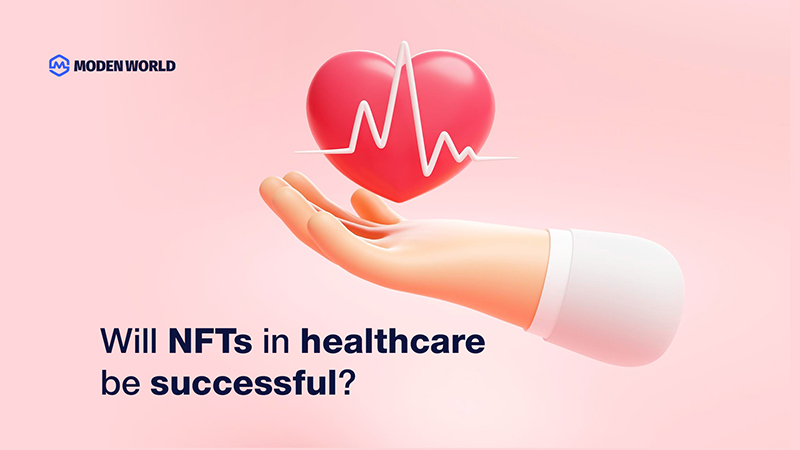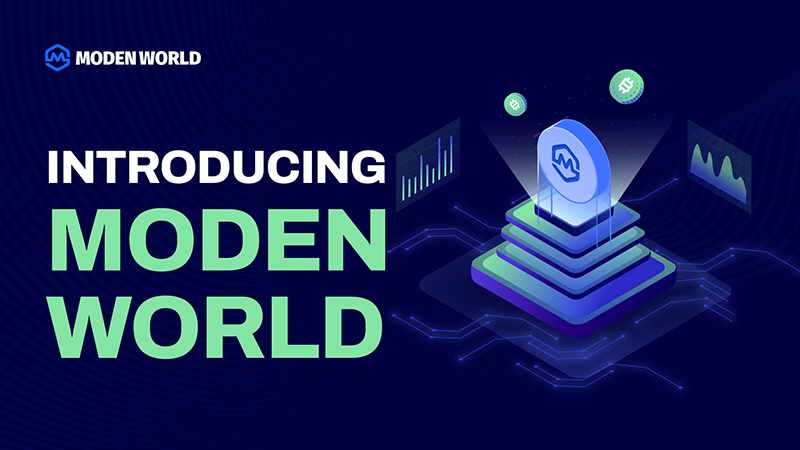
Can Non-fungible tokens (NFTs) be used in healthcare? Here's how.
Healthcare NFTs
Now thanks to the pandemic, the healthcare sector has been thrust into a condition of constant, rapid innovation. In an effort to evolve from the remnants of the COVID impact, frontline researchers have continued to investigate new dawns. Several aspects of medical research need to be improved in order to improve healthcare delivery, beyond from the esoteric clinical and laboratory investigations. Let's examine several scenarios where NFTs can be useful in the healthcare industry.
A closer look at NFTs' functions in the healthcare industry
1. NFTs and Maintaining Medical Records
Keeping correct and current records is the most crucial aspect of the healthcare sector. This is especially true for medical records, which need to be thorough and simple to access in order to give patients the best care possible. Imagine being on vacation abroad and overcoming a health issue thanks to the ease with which your medical records may be accessible as NFTs on the blockchain. Or get immediate medical attention because your medical records have already been entered into the blockchain.
NFTs could change healthcare operations, particularly in telemedicine, by making it simpler for doctors and other medical professionals to get the data they require and provide prompt, precise treatment without repeating diagnoses.
2. NFTs and Ownership of Medical Data
The ownership of data is a prominent question in the era of big data. We are losing control of our personal information as a result of social media sites gathering our data and businesses leveraging our genomic information. By safeguarding patients' private data and enhancing privacy and security, NFTs address this issue.
Because of their singularity and non-fungibility, NFTs are ideal for storing private and sensitive data, such as genomic data. By tokenizing their data, people can be guaranteed that only the people they trust will have access to it. Additionally, NFTs enable people to make money off of their genomic data. They could, for instance, use an NFT marketplace to offer access to their NFT to research institutions or businesses that are working on novel cures. NFTs could enable people to make money out of their data while still preserving control over it in this way.
3. Medical Supplies
Particularly in developing nations, there has recently been an increase in interest in tokenizing medical supplies. The trust difficulties that currently exist in medical practice will be resolved by developing a transparent method to verify the validity of medical equipment, from straightforward blood sugar monitors to sophisticated surgical machines. This will lessen the prevalence of phony medical equipment and, as a result, the frequency of iatrogenic mistakes that increase patient morbidity and mortality.
4. Management
NFTs in healthcare can improve management as well. As important as consultations, clinical studies, and laboratory research are, sustainable management of resources, people, inflows, and outflows is what makes sustainability possible. Equipment, assistive technology, and pharmaceuticals with their current costs can all be tokenized in addition to the secure record-keeping of hospital money. NFT collections are another way for hospitals to strengthen their employee identification procedures. All of these can aid in decision-making and support more accommodating healthcare policy.
Will NFTs in healthcare be successful?

The changes we want to see in the medical sector are conceivable, but they will take time and extensive cooperation between blockchain and medical specialists. It is hoped that NFTs can be investigated in the appropriate settings as healthcare restructuring progresses.

👉Start Cloud Mining with us: MODENWORLD
👉Follow our official Twitter: @modenworld
👉Join our community on Telegram: @ModenWorld_group